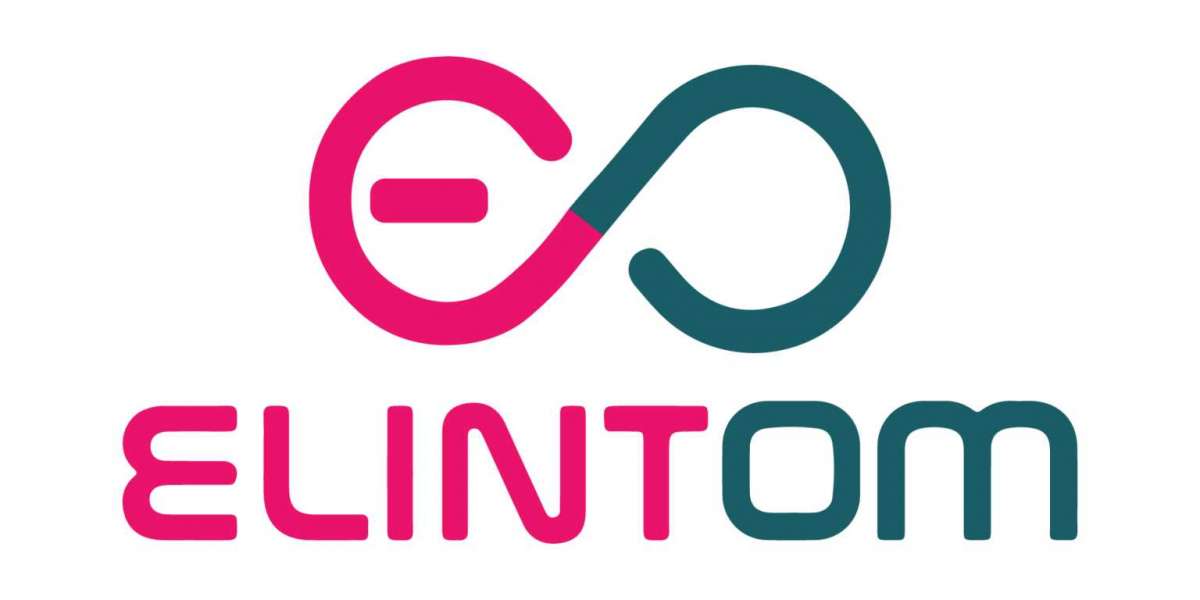1. Ada Health
- Overview: Ada Health is an AI-powered mobile app that serves as a personal health companion. It utilizes advanced AI algorithms to analyze symptoms and offer personalized insights and possible diagnoses. Ada's technology allows users to input symptoms and health-related questions, helping them understand potential conditions based on their input.
- Key Features:
- Symptom assessment
- Personalized health insights
- Instant recommendations for healthcare professionals
- Role of AI in Healthcare: Ada uses machine learning to enhance its diagnostic accuracy, improving its ability to evaluate symptoms and provide informed healthcare recommendations.
2. Babylon Health
- Overview: Babylon Health combines AI, machine learning, and data science to deliver virtual healthcare services. The app offers consultations with doctors via video call, text, or voice, and it uses AI to conduct an initial assessment of symptoms and recommend next steps.
- Key Features:
- AI-driven symptom checker
- Virtual consultations with healthcare professionals
- Health monitoring and tracking
- Role of AI in Healthcare: Babylon’s AI engine helps facilitate quick consultations by offering personalized healthcare advice based on user inputs, which enhances the efficiency and accessibility of healthcare services.
3. SkinVision
- Overview: SkinVision uses AI to assess the risk of skin cancer by analyzing photos of skin lesions taken by users. The app helps users determine if they should seek professional medical advice based on AI's evaluation of the skin condition.
- Key Features:
- Skin cancer risk assessment
- Image recognition for early detection
- Personalized recommendations for further medical action
- Role of AI in Healthcare: SkinVision's AI leverages deep learning algorithms to identify potentially malignant skin lesions, supporting early detection of skin cancer and encouraging proactive healthcare measures.
4. IBM Watson Health
- Overview: IBM Watson Health is an AI-powered healthcare platform that provides advanced data analytics and AI-driven insights to improve decision-making in healthcare. Watson Health has been utilized in multiple fields, including oncology, genomics, and drug discovery.
- Key Features:
- AI-powered decision support tools for healthcare professionals
- Personalized treatment plans based on patient data
- Advanced analytics to support clinical trials and research
- Role of AI in Healthcare: IBM Watson’s AI analyzes vast amounts of clinical data, helping medical professionals make informed decisions, improving diagnostic accuracy, and optimizing treatment plans for patients.
5. MySugr
- Overview: MySugr is an app designed to help people with diabetes manage their condition. The app uses AI to track blood sugar levels, monitor insulin intake, and analyze patterns to help users optimize their diabetes management.
- Key Features:
- Blood sugar tracking
- Personalized diabetes management recommendations
- Integration with wearable devices and glucose meters
- Role of AI in Healthcare: MySugr uses AI to analyze user data and offer actionable insights, helping patients better manage their diabetes through tailored recommendations for diet, exercise, and medication adjustments.
6. WellFrame
- Overview: WellFrame is an AI-driven mobile app that supports patients in managing chronic conditions by providing tailored care plans and ongoing monitoring. The app uses AI to analyze patient data and connect patients with care teams in real-time.
- Key Features:
- Personalized care plans for chronic disease management
- Remote patient monitoring
- AI-driven feedback to improve adherence to treatment protocols
- Role of AI in Healthcare: WellFrame’s AI capabilities help healthcare providers monitor patient progress, adjust care plans, and improve patient outcomes, especially for those managing long-term health conditions.
7. Qventus
- Overview: Qventus leverages AI to optimize hospital operations and enhance patient flow. The app integrates with electronic health records (EHRs) to predict patient outcomes, reduce wait times, and improve hospital resource management.
- Key Features:
- Predictive analytics for patient flow management
- Real-time monitoring of hospital resources
- AI-driven recommendations for hospital staff to improve efficiency
- Role of AI in Healthcare: Qventus uses machine learning to predict hospital demand and streamline operations, ensuring that patients receive timely care while reducing costs and inefficiencies in healthcare settings.
8. Gyant
- Overview: Gyant is an AI-powered virtual assistant that helps healthcare providers deliver patient care. The app engages with patients to gather their medical history, symptoms, and other health-related data, and then it provides healthcare professionals with insights to assist in diagnosis and treatment.
- Key Features:
- Virtual assistant for patient engagement
- AI-powered clinical decision support
- Integration with electronic health records (EHR)
- Role of AI in Healthcare: Gyant uses AI to enhance patient engagement and support clinical decision-making by providing insights that help healthcare professionals make more accurate diagnoses and treatment plans.
9. Lark Health
- Overview: Lark Health is an AI-based app that specializes in providing personalized health coaching for chronic conditions such as Type 2 diabetes, hypertension, and obesity. The app tracks various health metrics and offers recommendations to help users manage their conditions.
- Key Features:
- AI-driven health coaching for chronic disease management
- Continuous tracking of key health metrics
- Integration with wearables and fitness devices
- Role of AI in Healthcare: Lark Health uses machine learning algorithms to offer real-time, personalized health coaching, empowering users to manage chronic conditions more effectively and adopt healthier lifestyles.
10. Babylon Health
- Overview: Babylon Health provides AI-powered virtual consultations with healthcare professionals. The app uses AI for symptom checking, triage, and to offer personalized health advice before users consult with a doctor.
- Key Features:
- Virtual health consultations
- AI-powered symptom checker and triage system
- Personalized health insights and recommendations
- Role of AI in Healthcare: Babylon leverages AI to assess symptoms and recommend appropriate courses of action, ensuring patients receive timely and efficient care.
Conclusion
The role of artificial intelligence in healthcare has become indispensable, with AI-powered apps improving healthcare delivery, patient outcomes, and operational efficiencies. The integration of artificial intelligence into healthcare has not only made healthcare more accessible but has also helped in the early detection of diseases, optimized treatment plans, and promoted better management of chronic conditions. As AI technology continues to advance, the healthcare app market is expected to expand, providing even more innovative solutions to meet the needs of patients and healthcare providers alike.
Latest Blogs By DelveInsight:
- Pfizer’s ABRYSVO Outpaces GSK’s AREXVY with Expanded FDA Approval – But Can It Sustain the Momentum?
- 5 Promising Exosome-based Therapies Paving the Way for Personalized Medicine
- FDA Grants Orphan Status to MDL-101 for LAMA2-CMD; Pfizer’s ABRYSVO Approved for High-Risk Adults (18-59); KIND’s AND017 Gains Orphan Designation for Sickle Cell Disease; HiberCell’s HC-7366 Fast-Tracked for AML; ORLYNVAH Approved for Uncomplicated UTIs
- 7 Key Technologies Pioneering Cybersecurity in the Healthcare Sector






